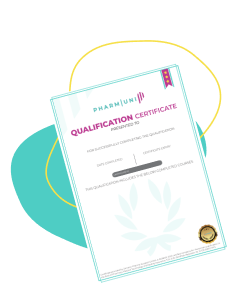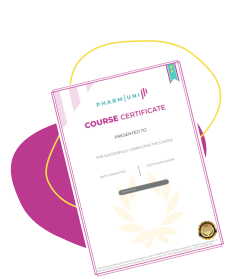From Lab Bench to Leadership
Career progression in QA is all about growth. Choosing a career path is often influenced by the potential for growth, and Quality Assurance (QA) roles offer such opportunities in abundance. A professional might start their journey in Quality Control (QC), engaging with the technical aspects of quality – testing, measuring, and analyzing results. While this focus is vital, the transition from QC to QA often presents a broader spectrum of tasks and responsibilities.
Expanding Horizons
QA roles demand a comprehensive understanding of organizational processes, offering diverse opportunities for advancement. Professionals may start in specialized roles like document control, eventually ascending to managerial or executive positions, with potential pathways leading into supply chain management or auditing.
Transferable Skills and Versatility
The expertise acquired in QA is immensely adaptable, with skills applicable in Regulatory Affairs, project management, and operations. This versatility underscores the value of a QA background in various sectors beyond quality assurance itself.
Influence and Impact
With a growing focus on quality within business strategies, QA professionals wield significant influence, their decisions shaping product outcomes and corporate reputations. This elevates their role in strategic decision-making within an organization.
Conclusion: A Dynamic Career Journey
QA offers a dynamic career path marked by diversity and the opportunity for substantial impact within an organization. For those drawn to the challenge of shaping quality landscapes and eager for career growth, QA presents a fulfilling and expansive career trajectory, starting from the foundational lab bench to potentially reaching the leadership table.
Summary of Steps:
1. Inital Step in QA:
Start in Quality Control, focusing on essential technical tasks like testing and analysis.
2. Career Advancement:
Transition from QC to QA for access to broader roles and responsibilities.
3. Diverse Opportunities:
QA roles offer varied growth avenues from document control to management and strategy influence.
4. Transferable Skills:
Experience in QA equips professionals with skills valuable across differentbusiness operations. Sign up at www.pharmuni.com to get started with free courses.
5. Strategic Thinking:
QA requires a macro-level view of organizational processes, opening doors to numerous development paths.
6. Specialized to Leadership:
Start in specialized QA roles and progress to management, overseeing crucial functions like supply chain or auditing.
7. Industry Influence:
QA professionals play critical roles in sectors like pharmaceuticals, adhering to GMP and GLP for product safety and efficacy.
8. Beyond Quality Control:
Leverage QA experience in areas like Regulatory Affairs and project management.
9. Driving Corporate Strategy:
QA’s growing role in business strategies enhances its impact on product success and company reputation.
10. Dynamic Career Path:
QA offers a journey from the lab bench to leadership roles, making it a rewarding and dynamic profession.

